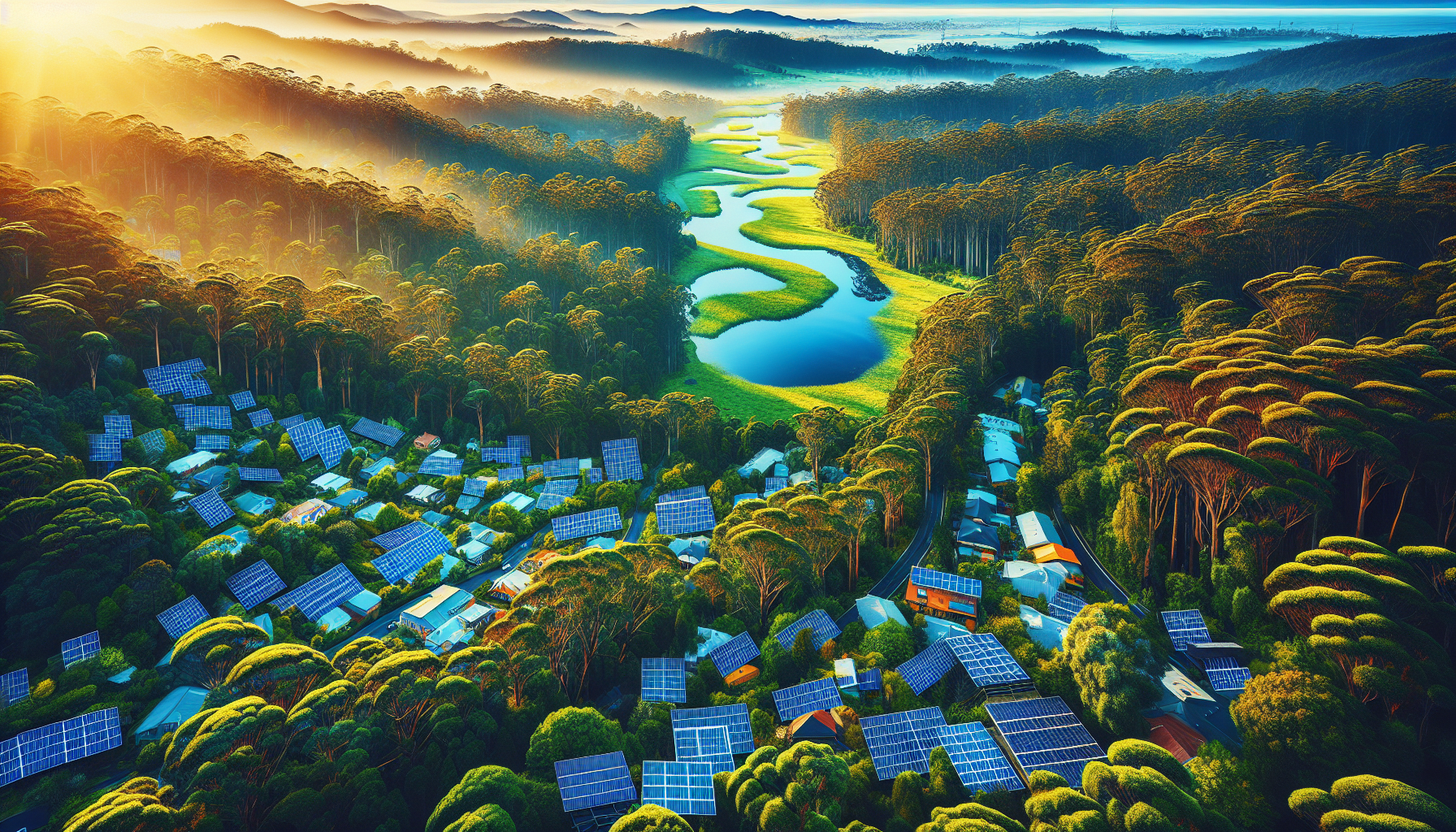Victoria, a vibrant region known for its captivating landscapes and rich biodiversity, is rapidly becoming a global beacon for ecological advancements. This transformation into a hub of green innovation is driven by the collective efforts of government, businesses, and communities committed to sustainable practices and cutting-edge green technologies.
At the forefront of Victoria's green evolution is its ambitious push towards renewable energy. The region is investing heavily in solar, wind, and hydroelectric power, aiming to significantly reduce its carbon footprint. The Victorian Renewable Energy Target (VRET) is a testament to this commitment, seeking to source 50% of the state’s electricity from renewable resources by 2030. This initiative is not only reducing greenhouse gas emissions but also catalyzing economic growth and job creation in the green sector.
Complementing these efforts is Victoria’s innovative approach to urban planning and infrastructure development. The state is embracing smart city concepts that integrate sustainable design with advanced technology. For example, Melbourne, Victoria's bustling capital, is incorporating green spaces, energy-efficient buildings, and sustainable public transport systems to enhance the quality of urban life while minimizing environmental impact. Initiatives like the Urban Forest Strategy aim to cool the city by increasing canopy coverage, thus mitigating the urban heat island effect and improving air quality.
Waste management is another area where Victoria is leading the way. The state is implementing comprehensive recycling programs and circular economy initiatives that prioritize resource recovery and minimize landfill waste. Through technologies like organic waste composting and plastic recycling innovations, Victoria is setting a standard for waste reduction and sustainability.
Agriculture, a significant sector in Victoria, is also undergoing a green transformation. Farmers are adopting sustainable practices such as precision farming, which uses technology to optimize the use of resources like water and fertilizer. Additionally, there is a growing trend towards regenerative agriculture, which focuses on improving soil health and biodiversity, ensuring long-term sustainability of the land.
Victoria’s commitment to biodiversity conservation further underscores its leadership in ecological advancements. The state’s numerous national parks and reserves are protected areas that preserve unique flora and fauna while providing opportunities for research and education about natural ecosystems.
Public engagement and education play crucial roles in Victoria's green initiatives. The state government actively involves communities in environmental projects and promotes awareness about the importance of sustainable living. Education programs in schools and communities are fostering a culture of environmental stewardship among residents of all ages.
In conclusion, Victoria’s comprehensive approach to sustainability, combining policy, technology, and community engagement, is setting a benchmark for ecological innovation. As the region continues to progress, it offers a compelling model for how communities worldwide can pursue prosperity while preserving the planet for future generations. Victoria’s green innovations not only enhance the local quality of life but also contribute to the global momentum towards a more sustainable and environmentally conscious world.
